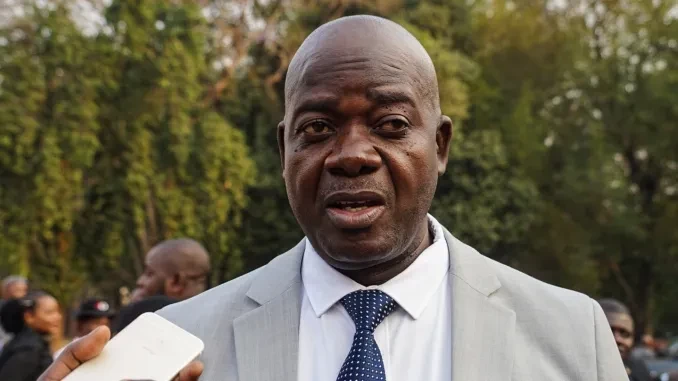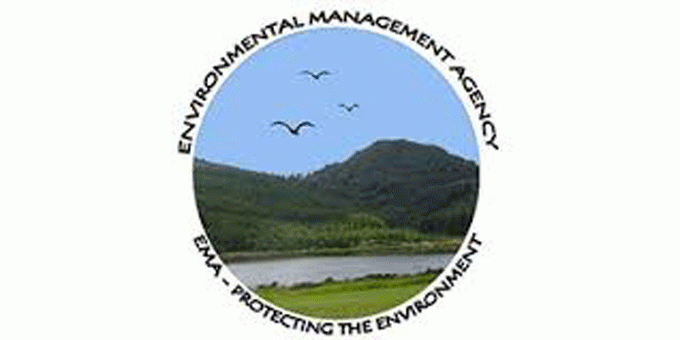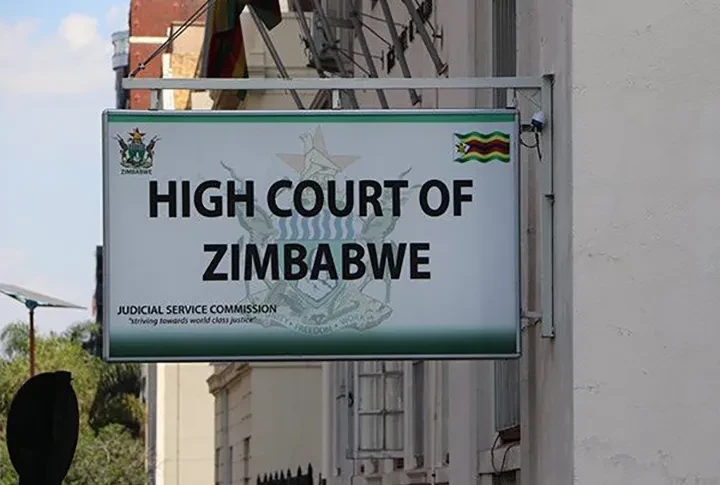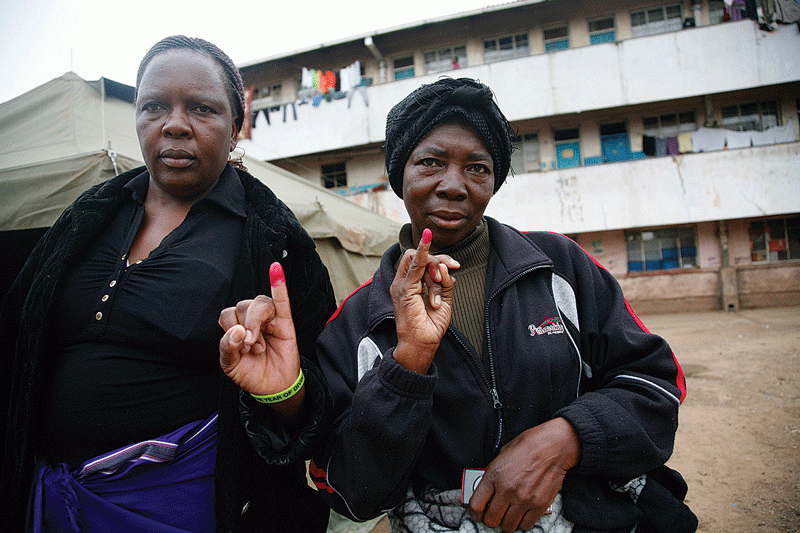
The Zimbabwe Human Rights Association (ZimRights) has launched an initiative to hold people holding power accountable as those seeking political office in the upcoming elections gear up campaigns.
Past Zimbabwe's elections have largely been characterised by politicians who make promises and disappear from the constituencies after winning the elections, only to resurface after five years when it's another election season.
Speaking to The Standard after launching the manifesto, titled Shifting Power to the People: The People's Human Rights Manifesto, ZimRights national director Dzikamai Bere said gone were the times when politicians would make promises and fail to deliver them.
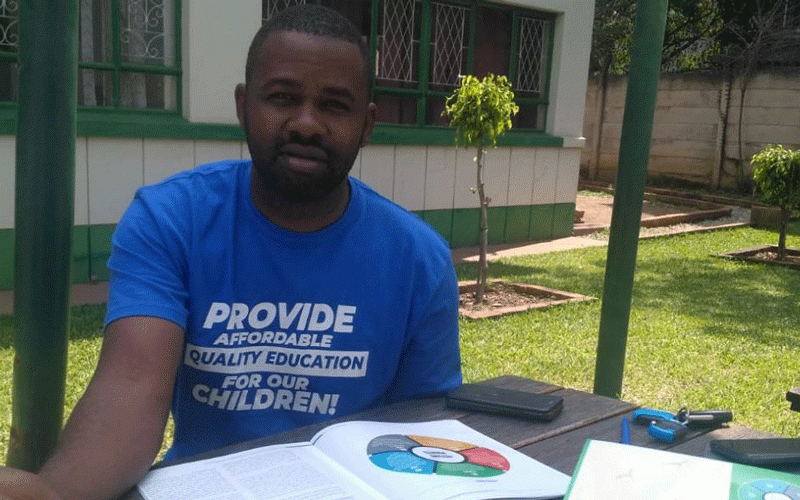
"The manifesto seeks to unlock dialogue with prospective leaders in the 2023 elections,” Bere said.
“It comes from the realisation that over the years, power regarding elections has been monopolised by the politicians while the electorate has been reduced to mere subjects.
“Every five years, politicians come with a series of promises, but these promises they end when the election results are announced and they (politicians) disappear.
"Now communities have been saying, under our shifting power to the people programme, we always assume that people don't know what they want.
“Politicians when they come to the communities they always assume that they know what people want, but now with the People's Human Rights Manifesto, communities are saying 'wait a minute, we think we know what we want, and its more than just beer at the local bar'."
- ED heads for Marange
- ‘Zimbos dreading 2023 elections’
- Your Excellency, the buck stops with you
- We’ll unleash our dogs: Zanu PF
Keep Reading
Bere said the major stakeholders — the communities —now want something more substantial than farming inputs, seed or food handouts.
He said last year, they sat for meetings through their more than 219 structures across the country, where people came up with "key asks, with the idea being that when politicians canvass for votes in communities, the electorate will be dictating what it wants, which are the bread and butter issues, that are captured in the 10 key asks."
He said the manifesto was a list of expectations from the people of Zimbabwe, which he said those seeking political office should commit and deliver so that the electorate is not only left with slogans after elections.
After each of the 10 demands are five action plans, and a commitment card which everyone seeking political office should sign.
Bere said representatives from both the ruling Zanu PF and main opposition party Citizens Coalition for Change attended the manifesto launch last Wednesday and committed themselves to addressing demands by the electorate.
The 10 asks demand politicians to: Uphold and defend the integrity of the Constitution of Zimbabwe; respect the political rights of all Zimbabweans, make quality healthcare services accessible to all; improve access to basic amenities and services; provide affordable quality education for our children; protect and promote livelihoods; provide land and decent housing to citizens; facilitate the exercise of freedoms; practise good governance and fight corruption; and be accountable to the people of Zimbabwe.
The manifesto also has a tracking card where each local authority, National Assembly or Senate representative will be rated how they fared.
Bere said in doing this, they were putting human rights at the centre of the political discourse.
Ahead of the 2018 elections, President Emmerson Mnangagwa promised to construct schools, houses and hospitals across the country, but none of that has been achieved.
There were also promises of improving the health sector, but that suffered still birth as well, with more than 4 000 healthcare workers having left government employ as of September last year.
Instead, government has moved to promulgate laws like the Health Service Amendment Act, which restrict the unionisation of healthcare workers.

